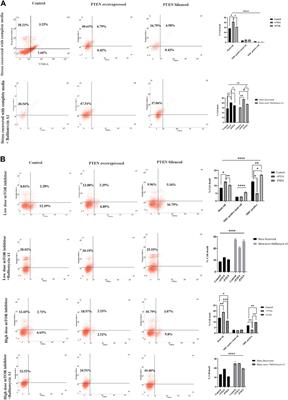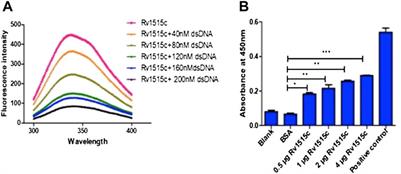ORIGINAL RESEARCH
Published on 02 Aug 2023
Endogenous PTEN acts as the key determinant for mTOR inhibitor sensitivity by inducing the stress-sensitized PTEN-mediated death axis in KSHV-associated malignant cells
doi 10.3389/fmolb.2023.1062462
- 1,264 views


